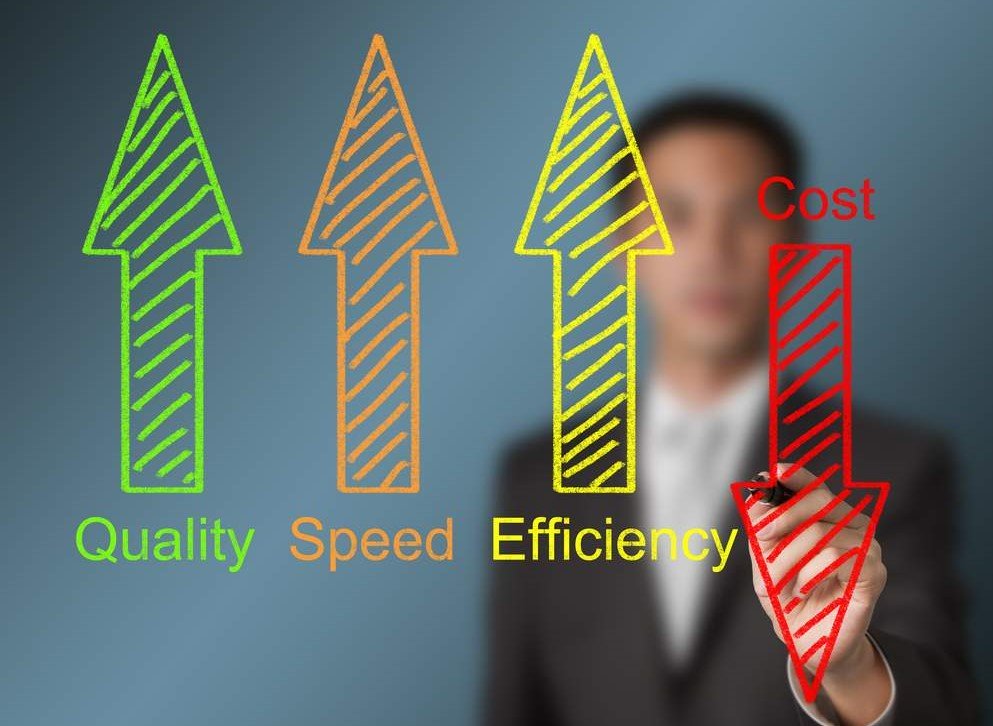Q: What are the opportunities in Asia Pacific (APAC) from a new market perspective? Can you run through a few examples?
A: There are approximately 28 countries in the APAC region, with a combined population that exceeds 3 billion. New market opportunities in this region are immense and continue to grow every year – and with a rising middle-class that is hungry to try out new products/services, this will only continue. Important emerging markets in this region include India, Indonesia, Vietnam and the Philippines, alongside more established ones like Australia, Hong Kong, Singapore and China, Japan.
But while the opportunities are immense, it does have its challenges. Each country has its own unique legal system, culture and language. In addition to laws and regulations, there are a myriad of sub-regulations, rules, circulars and notifications which add to the complexity of the legal framework. Regulatory approaches and the areas of focus for individual regulators also differ from one country to the next. To be successful requires tremendous cultural agility, strategic focus and resilience.
Q: Is the regulatory framework so different between countries?
A: Yes, the legal and regulatory frameworks differ significantly from one country to the next. Some countries have settled and stable legal systems which are more familiar to those trained in the West. This can provide more certainty of outcome, in terms of duties and obligations. On the other hand, in certain countries, the legal system is still evolving and tend to be less settled, so there’s a greater level of uncertainty or imprecision in terms of its application to industry participants – especially in new industry sectors such FinTechs and wholly digital service providers.
Q: What are some ways to address and manage these differences?
A: Work with trusted advisors who not only knows what the laws/regulations say, but also how they are applied and interpreted and how strictly they are enforced by local regulators in practice. Subscribe to industry-specific newsletters and publications that allows you to keep up to date on the latest developments, including changes and updates to new laws, rules and regulations. Also, think about investing in the right RegTech tools to help you stay up to date with and manage your compliance with local laws and regulations, including any licensing requirements or conditions. And establish and maintain good working relationships with local regulators – keep them engaged.
Q: What are the key challenges of operating in or entering this part of the world?
A: There’s no “one size fits all’ model. Entering a new market in APAC requires you to be sensitive to the different cultures and legal systems and knowing when and when not to push your “western” cultural viewpoints or business practices. Unlike countries with more settled laws and legal systems, there’s often no regulatory certainty. You need to be comfortable operating in the “grey zone” and that 100% clarity or certainty may not be available in all cases. Adopting a risk-based approach allows you and your team to prioritise higher risk markets, while not entirely neglecting the needs of lower risk markets.
Q: How can the use of innovative legal solutions (such as managed legal services (MLS)) help to address or solve these challenges?
A: If you’re based in the EU and your legal team in APAC is small or you don’t have anyone at all, MLS enables you to effectively support your business partners in APAC. It’s a collaborative resource that allows you to tap into a pool of local expert knowledge and regional know-how, enabling you to work directly with your in-house legal and business teams. Having this on the ground experience helps to guide you through the complexities and avoid the potential landmines of operating in a totally unfamiliar market. Further, if you or your team don’t have expertise in a specific area (e.g. financial services regulatory, payments compliance, IP or employment law, etc.), MLS can help to solve that challenge by giving you immediate access to consultants with deep experience in those areas – without you having to hire talent or investing too much time to come up to speed yourself. They can help with risk mitigation through issues-spotting, conducting regulatory assessments or performing preliminary audits on the company’s capabilities.
Q: Can you offer some practical tips on how to assist business teams to gain better access to these new markets? What are some practical examples?
A: Yes. It’s critical that you do your due diligence before entering a new market. Take the time to understand its legal and regulatory framework and assess how it can potentially impact your business. Confirm whether local regulators adopt a light touch or heavy-handed approach to regulation and enforcement action, and whether they welcome foreign businesses. Consider how easy or difficult it is to hire and retain top talent? Do you need to employ local nationals to be on the ground or can you leverage regional personnel? What’s the best way to structure your business to optimise your corporate and tax structures? If you’ve determined that your business might be subject to local regulations, it’s always prudent to assess if any exemptions or exclusions would or could apply.
Q: Why are NewLaw models perfect to leverage to drive better value for business clients in APAC?
A: With NewLaw models, there’s a greater emphasis on measurable outcomes and KPIs achieved through the adoption of optimised and streamlined processes and technologies, as well as robust project governance and oversight. This is to ensure key project milestones are met and projects remain on track. It also helps in-house legal teams to solve the perennial problem of how to do “more with less”. Increased efficiency and effectiveness results in greater productivity which, in turn, frees up the team’s time to focus on more value-added, higher risk and/or strategic initiatives. So, rather than spending time drafting and reviewing a standard NDA or distribution agreement, the team could be sitting in the negotiation room alongside his/her business partners to nut out the actual deal or coming up with strategies to drive better outcomes for the company.
Q: Looking ahead to the next 2-3 years, how or where do you see NewLaw evolving and changing?
A: This area will continue to change and evolve at a rapid pace over the next few years. There will be increased adoption as GCs, along with CEOs and CFOs (and other senior personnel), look to NewLaw to drive down costs and boost productivity. It will apply to even more corporate legal department activities. There will doubtlessly be some consolidation between players. Law firms and big accounting firms will continue to get in on the act.
Key in all of this is that this change is driven by clients, who simply want better value from their external legal solutions providers. They want to see more accountability and efficiency. They want to see more transparency around pricing, better visibility around outcomes in terms of solutions being delivered, and what it means to deliver ‘better value’. Those NewLaw providers that can clearly and concisely articulate to their clients what this “better value” means for their organisations will be the ultimate winners.
 Danh is the EMEA General Manager & Managing Consultant of KorumLegal and an experienced general counsel with over 18 years of global commercial practice experience across banking/financial services/payments and IT/technology and outsoucing sectors. He has worked in global listed companies and in private practice on a wide range of matters including general commercial, remittances and payments, financial services regulatory, AML/CTF, business advisory and strategic risk and compliance. He has advised on and led efforts to successfully apply for remittance and payments licences in a number of jurisdictions across Asia Pacific. He brings the diversity of his experience to the KorumLegal management team in leading large transformation initiatives, using Lean Management principles, tools and practices to drive organisational, operational and cultural change, including Legal Process Management.
Danh is the EMEA General Manager & Managing Consultant of KorumLegal and an experienced general counsel with over 18 years of global commercial practice experience across banking/financial services/payments and IT/technology and outsoucing sectors. He has worked in global listed companies and in private practice on a wide range of matters including general commercial, remittances and payments, financial services regulatory, AML/CTF, business advisory and strategic risk and compliance. He has advised on and led efforts to successfully apply for remittance and payments licences in a number of jurisdictions across Asia Pacific. He brings the diversity of his experience to the KorumLegal management team in leading large transformation initiatives, using Lean Management principles, tools and practices to drive organisational, operational and cultural change, including Legal Process Management.




































 Titus Rahiri
Titus Rahiri







